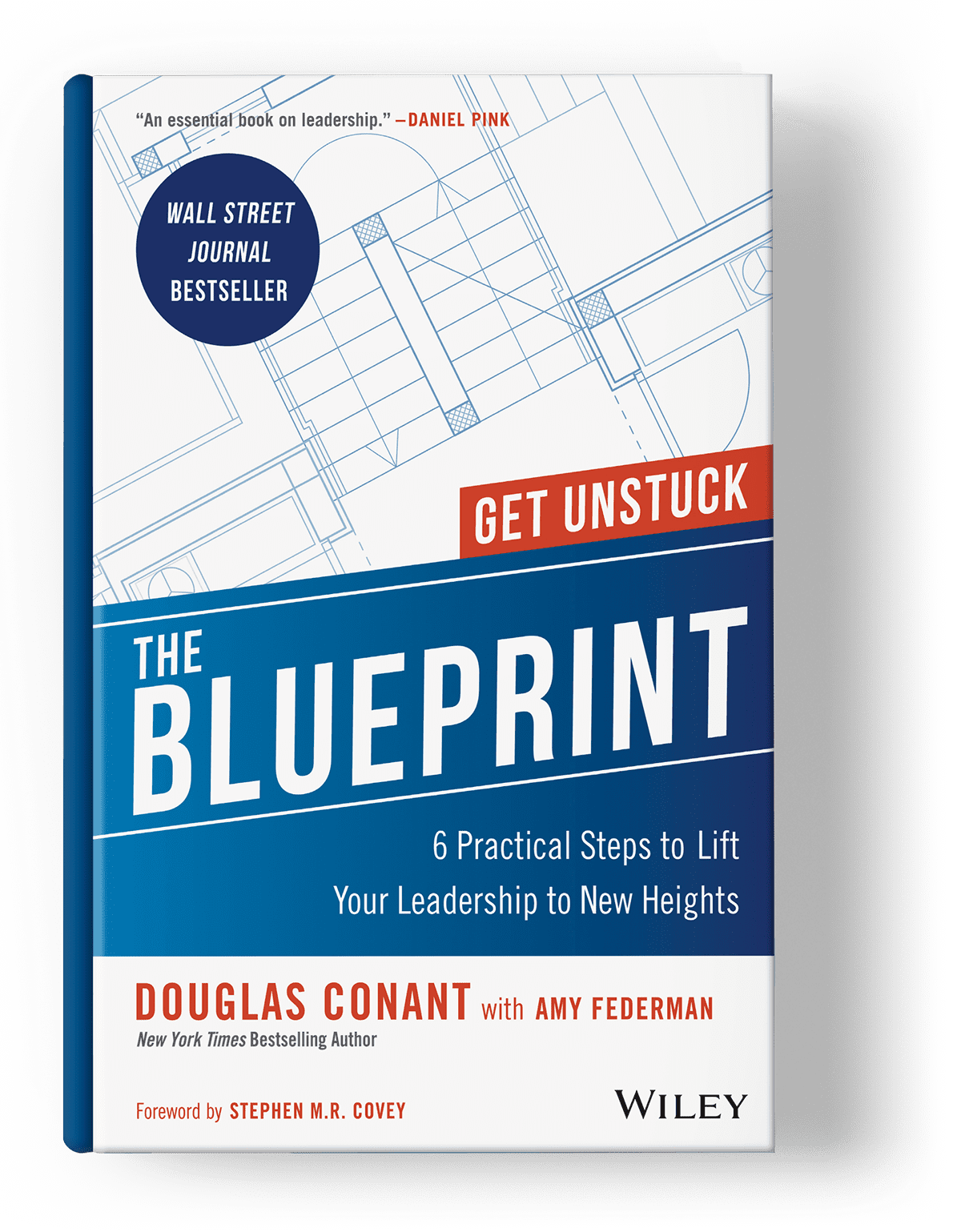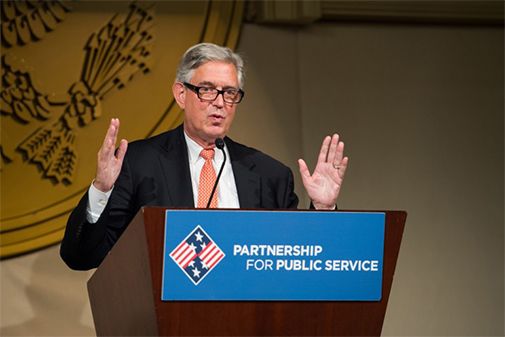It is a commonly held belief that we can become an expert in any discipline by spending 10,000 hours practicing. The wisdom of the “10,000 hours” was posited by Dr. K. Anders Ericsson, popularized by Malcolm Gladwell in his book, “Outliers,” and has been oft repeated throughout the business world. It’s a nice idea. The aspirational, yet attainable, number of “10,000” serves as an inspiring reminder to work hard towards reaching our goals. After all, most would assert that the pursuit of greatness requires perspiration above all else. We need only put in the time and preeminence is ours, the number seems to suggest. But the axiom of the 10,000 hours is, at best, only partially true.
If we keep doing what we’re doing, we’re going to keep getting what we’re getting. “ Stephen Covey
Why? Because merely practicing isn’t enough to improve our performance profile dramatically. Attention must be paid to the way we practice and our attitude towards improvement. Take for example a person who, in a burst of motivation, devotes themselves wholeheartedly to fitness. They hit the gym enthusiastically, day after day, but without taking the time to learn the proper form or reflect on what is or isn’t working. If they continue to exercise improperly, and never change up their routine — they will most likely never get much better, no matter how much time they devote to the task. They will be toiling in futility.
It’s the same with anything we apply ourselves to — including leadership. If we are repeatedly doing something ineffectively, we run the risk of remaining stagnant, no matter how noble the desire behind the repetition is. To make notable progress, an adjustment in our approach is required so we can push ourselves to experience meaningful gains in our craft. This requires grit, persistence, and most importantly a commitment to practicing in the right way. The following is the most important tweak you can make to your tactics to cultivate tangible growth:
Pursue “Deliberate Practice.”
There are talented people everywhere. You may have a real knack for leading teams or crunching numbers. But talent can only get you so far. In Geoff Colvin’s must-read book, “Talent is Overrated” “ he reminds us that innate ability and experience alone do not guarantee excellence. What really makes the difference between average and extraordinary is hard work done in the right way. Not rote repetition but deliberate practice. This means adapting your entire approach to improving; it requires a calculated and studious effort that starts with identifying specific areas for growth and pursuing them relentlessly. It means working through discomfort, and persevering when every part of you wants desperately to quit. This kind of practice is not for the faint of heart. It’s hard. And to stick with it you’ll have to make sure you are deeply passionate about the craft you’re pursuing. But if you’re “all in,” this arduous process will help you to achieve breakthrough — and it’s what separates better from best.
Talent can only get you so far.
So how do you start? To experience the significant gains promised by deliberate practice you have to begin from a place of humility and fierce resolve. In Jim Collins’ notable book, “Good to Great,” he identifies these as the two essential traits one must possess if they hope to steer an effort, or an enterprise, from average to extraordinary. Not humility or fierce resolve. It’s got to be both. This means you acknowledge the areas that need attention (humility) and are hell-bent on doing whatever is required to achieve that growth (fierce resolve).
First, humbly endeavor to identify your weak areas. What things do you avoid? What do people tell you needs work? Which parts of your job feel uncomfortable? Get feedback. Do some serious reflection, identify the major areas you want to work on, and make an action plan. If you’re serious about being extraordinary, you’ll withstand the blows to your ego that can sometimes accompany raw feedback.
If you’re serious about being extraordinary, you’ll withstand the blows to your ego.
Second, and possibly more importantly, take stock of your strengths and thoughtfully advance your development in such a way that you can smartly build on them to continuously improve your performance profile. (A great resource to help you in identifying your talents is the book, “Now, Discover Your Strengths” authored by Marcus Buckingham and Donald O. Clifton).
Then, resolve to address each development area — both your weaknesses and your strengths. Grit your teeth, clench your fists, and look the potential of your future self dead-on. Feel the determination. And, to quote a nice bit of ad copy from Nike, “just do it.” Read everything there is to read on the subject (especially the four great books referenced in this post), focus, and forge forward. Deliberately. This is how to get better at what you love to do. It’s not easy. But it is definitely worth the effort.
(Photo Credit: Flazingo Photos via Flickr Creative Commons)






0 Comments